A note from the 4th European Pastoralists Assembly – Oloron St Marie, France 15th September 2018
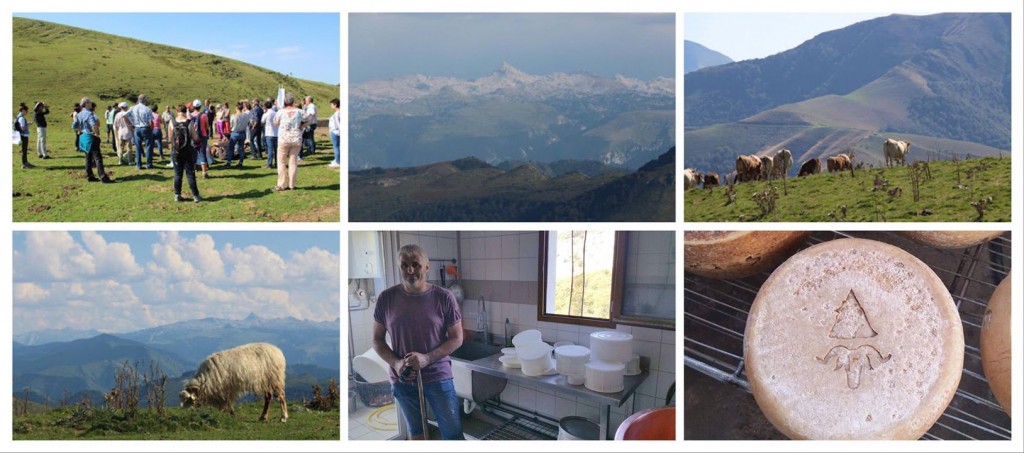
For 4 days, pastoralists from 12 countries all around Europe have met at the core of the French Pyrenees, to celebrate our 4th Assembly of the ESN, hosted by CORAM ( Le Collectif des Races locales de Massif) and with support of FAO
We examined the challenges we are facing , and reassured ourselves on the important contributions we make for the society and the environment.
Many of the principles of the Koblenz Declaration we wrote in 2015 are still valid.
The organizations gathered in Oloron committed to strengthening our network as a valid instrument of cooperation amongst the diversity of pastoralist cultures.
An action plan has been defined with the goals of :
– To redefine ESN objectives and vision and the strategy for their achievement, gathering different pastoralist leaders views.
– To reinforce internal and external communication, and to gather resources for the continuity of the coordination tasks, now within a recently constituted international technical working group.
– To structure the network via the definition of country coordination and representations.
A more extended text is in this link , in French : Déclaration du Réseau Européen des Berger
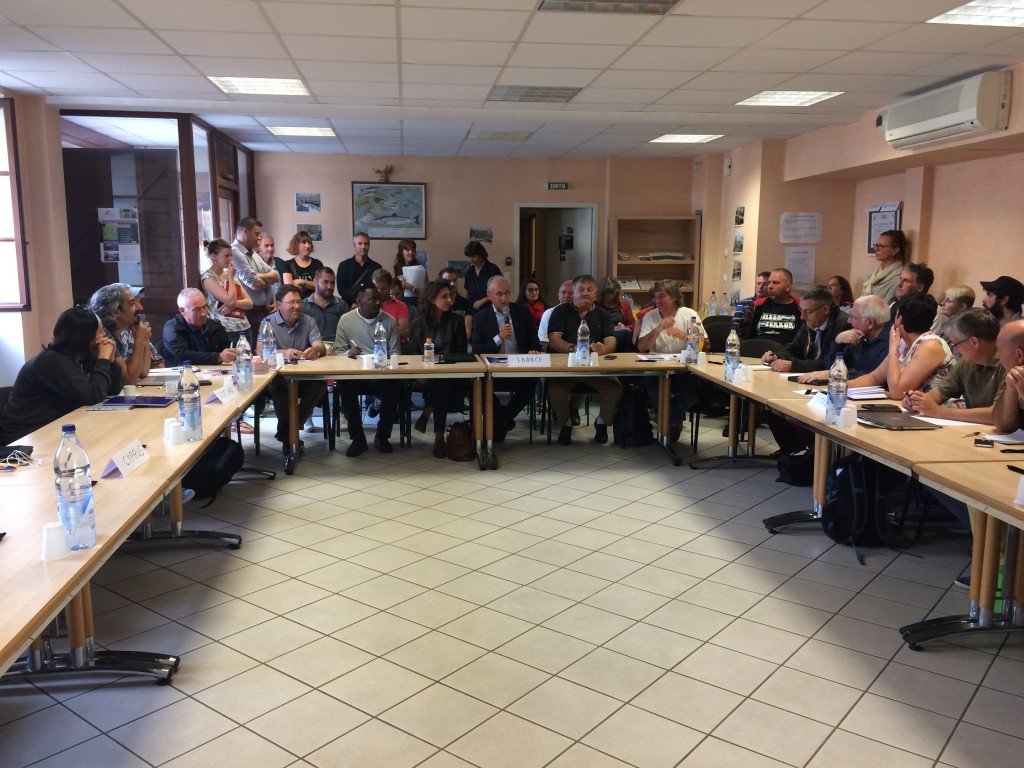
4ème Assemblée des Pastoralistes Européens
Oloron St Marie, France 15 juin 2018
Pendant 4 jours, des pasteurs de 12 pays de toute l’Europe se sont réunis au cœur des Pyrénées françaises pour célébrer notre 4ème Assemblée de l’ESN, organisée par CORAM (Le Collectif des Courses locales de Massif) et avec le soutien de la FAO.
Nous avons examiné les défis auxquels nous sommes confrontés et nous sommes rassurés sur les contributions importantes que nous apportons à la société et à l’environnement
Bon nombre des principes de la déclaration de Coblence que nous avons rédigés en 2015 sont toujours valables.
Les organisations réunies à Oloron se sont engagées à renforcer notre réseau en tant qu’instrument de coopération valable parmi la diversité des cultures pastorales.
Un plan d’action a été défini dans le but de:
– Redéfinir les objectifs et la vision de l’ESN et la stratégie pour leur réalisation, en rassemblant les points de vue de différents leaders pastoraux.
– Renforcer la communication interne et externe et rassembler des ressources pour la continuité des tâches de coordination, désormais au sein d’un groupe de travail technique international récemment constitué.
– Structurer le réseau via la définition de la coordination et des représentations par pays.
——-
IV Asamblea de Pastores Europeos
Oloron St Marie, Francia, 15 de junio de 2018
Durante 4 días, pastores de 12 países de toda Europa se reunieron en el corazón de los Pirineos franceses para celebrar nuestra 4ª Asamblea de ESN, organizada por CORAM (Collectif des Races Locales de Massif) y con el apoyo de la FAO.
Hemos examinado los desafíos que enfrentamos y estamos seguros de las importantes contribuciones que hacemos a la sociedad y el medio ambiente.
Muchos de los principios de la Declaración de Coblenza que redactamos en 2015 siguen siendo válidos.
Las organizaciones en Oloron se comprometen a fortalecer nuestra red como un valioso instrumento de cooperación entre la diversidad de culturas pastorales.
Un plan de acción ha sido definido para:
– Redefinir los objetivos y la visión del ESN y la estrategia para su realización, reuniendo los puntos de vista de los diferentes líderes pastorales.
– Fortalecer la comunicación interna y externa y agrupar los recursos para la continuidad de las tareas de coordinación, ahora dentro de un grupo de trabajo técnico internacional recién formado.
– Estructurar la red a través de la definición de coordinación y representaciones de países.
——
- Versammlung der europäischen Pastoren
Oloron St. Marie, Frankreich 15. Juni 2018
Vier Tage lang versammelten sich Pastoren aus 12 Ländern aus ganz Europa im Herzen der französischen Pyrenäen, um unsere 4. ESN-Versammlung zu feiern, die von CORAM (Collectif des Races Locales de Massif) und mit Unterstützung der FAO organisiert wurde.
Wir haben die Herausforderungen, vor denen wir stehen, geprüft und sind überzeugt, dass wir einen wichtigen Beitrag für die Gesellschaft und die Umwelt leisten.
Viele der Prinzipien der Koblenzer Erklärung, die wir 2015 formuliert haben, sind weiterhin gültig.
Die Organisationen in Oloron sind entschlossen, unser Netzwerk als ein wertvolles Instrument der Zusammenarbeit in der Vielfalt der pastoralen Kulturen zu stärken.
Ein Aktionsplan wurde definiert, um:
– Definieren Sie die Ziele und die Vision des ESN und die Strategie für ihre Umsetzung neu, indem Sie die Standpunkte verschiedener pastoraler Leiter zusammenführen.
– Stärkung der internen und externen Kommunikation und Bündelung von Ressourcen für die Kontinuität der Koordinierungsaufgaben, jetzt in einer neu gebildeten internationalen technischen Arbeitsgruppe.
– Strukturieren Sie das Netzwerk durch die Definition von Koordination und Ländervertretungen.
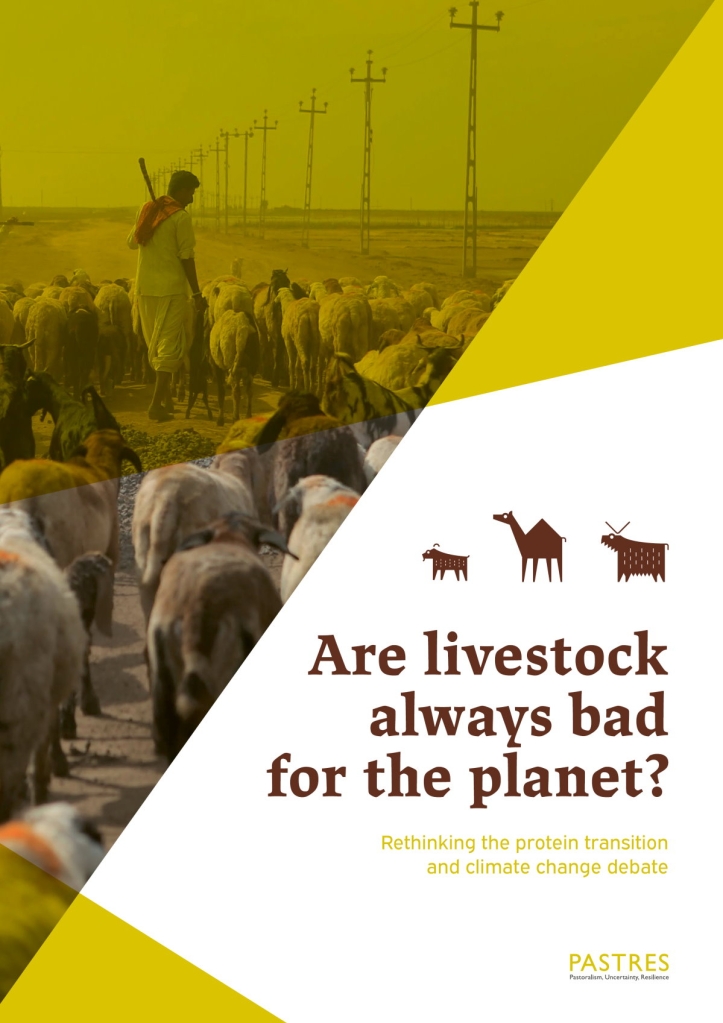





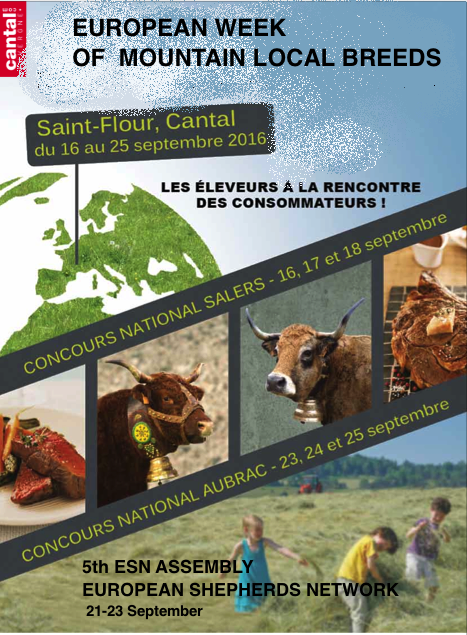

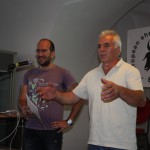

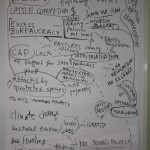
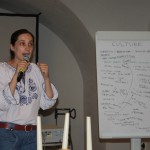
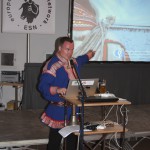

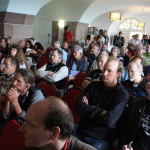
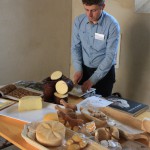
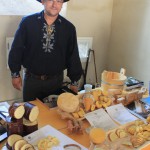
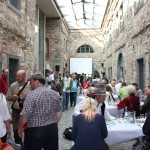
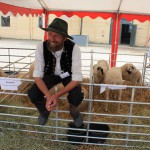
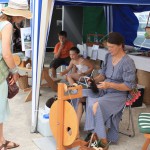
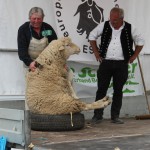
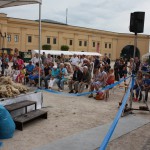
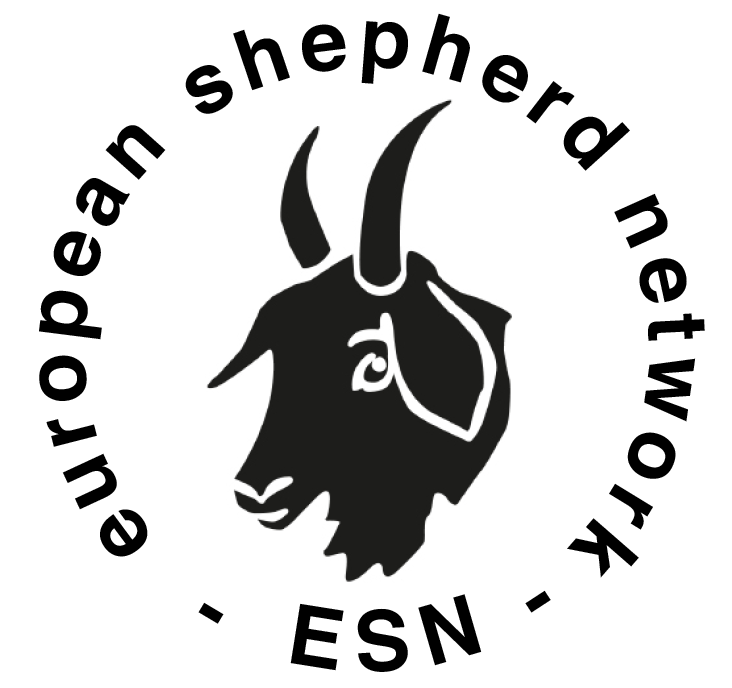
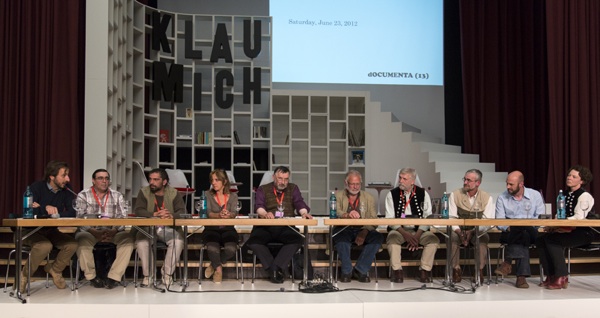
 enviando...
enviando...